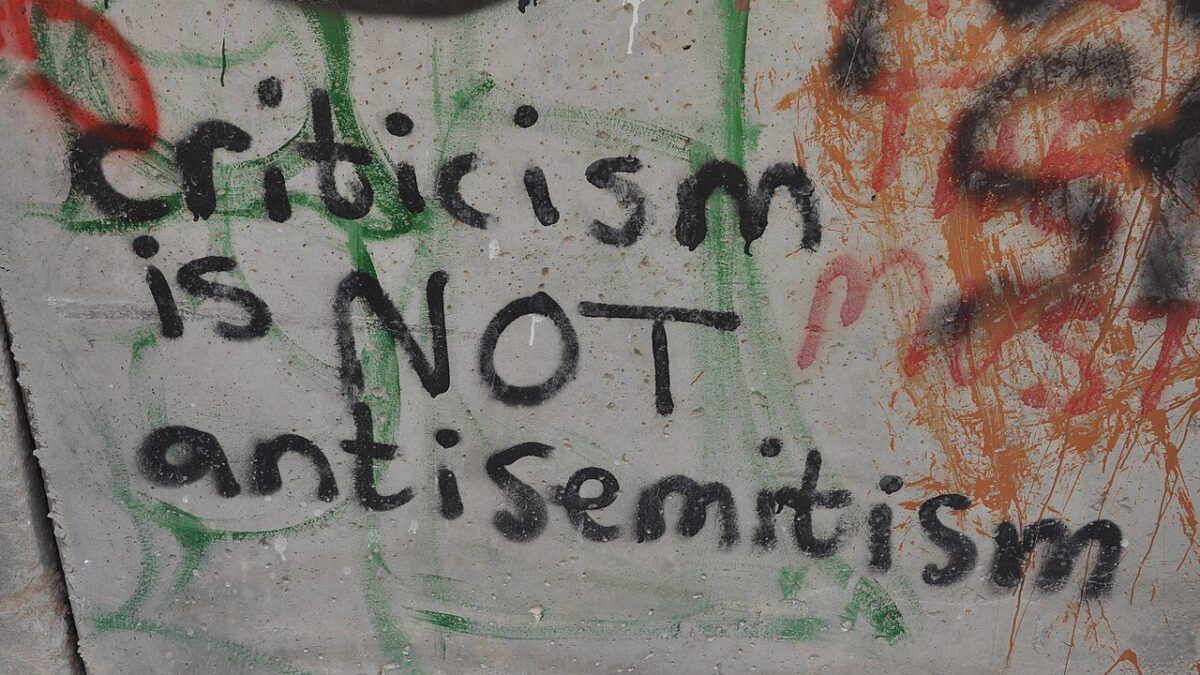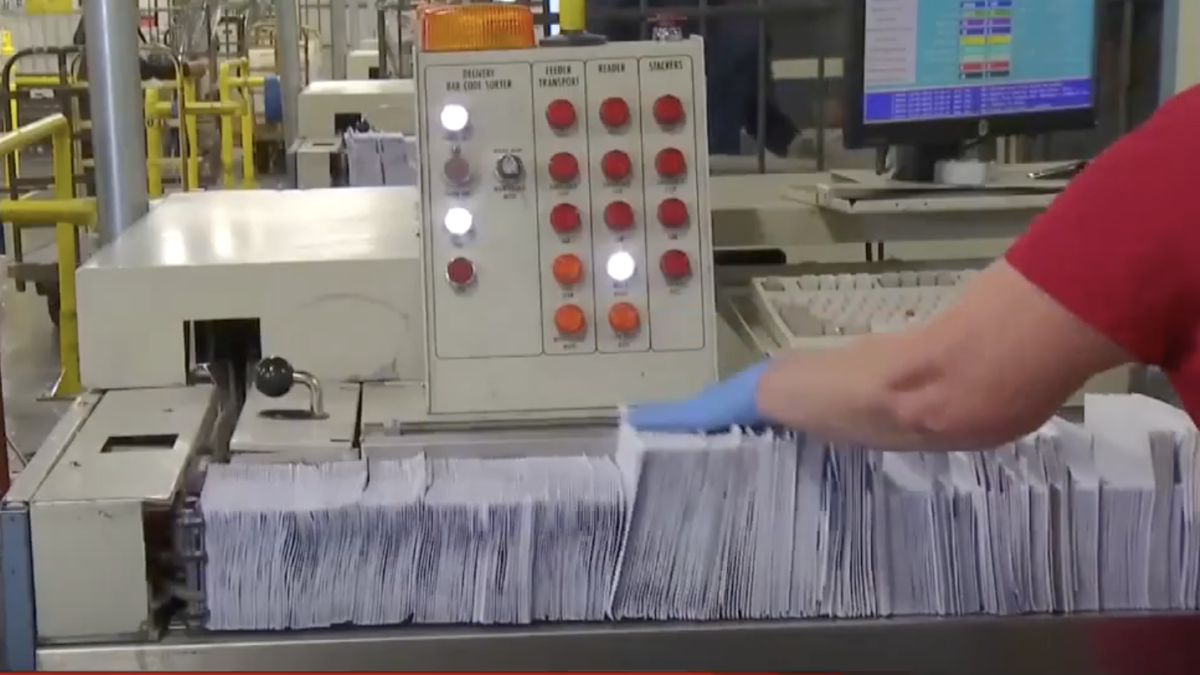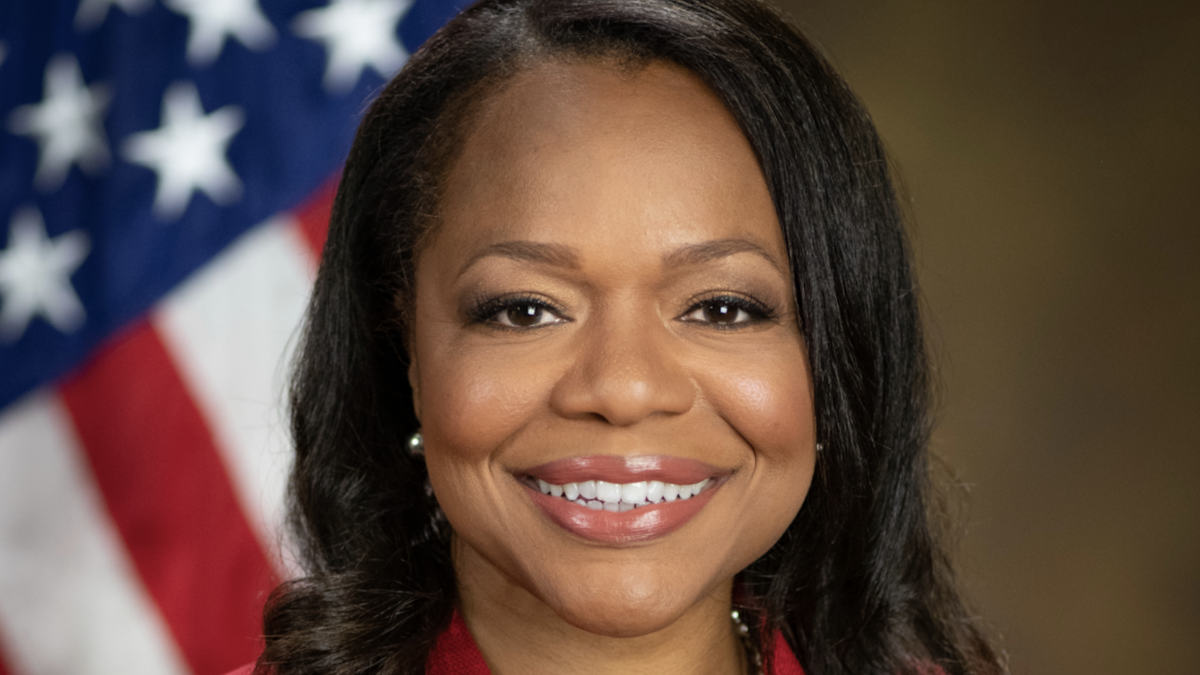
In the gray shadows of the garage as exhaust fumes filled my car, I listened to the music like a lullaby.
When I was a child
I caught a fleeting glimpse
Out of the corner of my eye
I turned to look but it was gone
I cannot put my finger on it now
The child is grown
The dream is gone
I have become comfortably numb.
Tears burned my eyes, but they refused to fall. Pain spread out from my chest in waves, sending tingles through my fingers. I rubbed them, but the pinpricks remained. I longed to feel numb, but all I felt was an ache that scraped from within. Despair had grabbed hold of me and wouldn’t let go. It was as if I was locked in that strained moment between sudden grief and the cleansing release of tears. I bent over the steering wheel and wailed. I wished I could vomit up every dark feeling, the hopelessness, the loneliness, the fear. But they wouldn’t come. The pain remained, crushing me, driving me to the only place I thought to find release. Only the grave would give me peace. Only death would set me free. Then I would be numb. Then I would feel nothing.
Pink Floyd’s “Comfortably Numb” began again. I leaned back and pictured my children’s faces, felt the arms of my mother and father, heard the voice of my brother, and tasted my husband’s kiss. They’re all better without me, I told myself. If I can’t be at peace, if I can’t be whole, what good am I to them? What does it all mean anyway? We can’t really give each other what we need. We are woefully inadequate to fill up the empty places and to mend the brokenness of a life burdened with disappointment and failure.
How had I gotten to this point? When had I abandoned myself to the depression that had haunted me my entire life? Depression I had fought with one medication after another, battling through side effects and nightmarish withdrawals. Sometimes the medications worked, sometimes not. Sometimes they brought a calming sort of numbness, but always the underlying pain remained.
I tried religion. But it was just that—religion. Not faith. Not a relationship with my Creator. It was a list of dos and don’ts. A code. A source of pride but not peace. And so I had abandoned it. I chose the path of atheism. All that mattered, all that was real was the present, the moment. Everything was one, everyone was one, everything was both all and nothing. That was the key to freedom, to peace—or so I thought. But it didn’t work. At least not for me. I found no meaning in it. Peace eluded me, no matter how much I focused on “the material now.” It seemed that I was intrinsically and permanently broken. Life was the trap. Death was the only escape. Life was riddled with questions. Death was the only answer.
A Turning Point
I closed my eyes and suddenly a line of poetry came to mind, a verse I had read long ago: “Such is the destiny of all who forget God; so perishes the hope of the godless.” Words from the Book of Job. Hope. That’s what I’d lost. That’s how I’d come to this moment. But death would not bring hope. “If the only home I hope for is the grave, if I spread out my bed in the realm of darkness . . . where then is my hope—who can see any hope for me?”
Where, then, is hope? Is it in death? Is it even in life as I’d lived it, putting my hope in people, in work, in art, in sex, in religion, in drugs, in philosophy, in rebellion? I realized then how wrong I’d been. My soul could only find rest in God. As King David said when he struggled with depression, “My hope comes from him.” And why is that? Is it just a matter of salvation, or is it so much more, something more essential and fundamental to who we are as creatures made in the image of God?
The tears fell, and I turned off the engine to the car. The music stopped, and I sat in silence. In my mind, I heard a constant refrain: “The eyes of the Lord are on those whose hope is in his unfailing love.” Love. And not just any love—unfailing love. God’s love. He created us out of love, to love. That is our hope, that is the fuel of our faith, that is our purpose, that is what gives life meaning—to be in a loving relationship with our Creator, our Source of Life, and to share that love with others.
In The Darkness, Hope
Unfortunately, I had reduced “love” to a romantic ideal—a love based on feelings. But my feelings were like shifting sand and prone to darkness. I had exchanged God’s love for a lie. I had replaced his love—which is anchored in goodness and truth—with love of myself, my work, my relationships, my philosophies. None of them could sustain my life. None of them could feed my soul. As the Book of Job says, “Can reeds thrive without water? While still growing and uncut, they wither more quickly than grass. Such is the destiny of all who forget God; so perishes the hope of the godless. What they trust in is fragile; what they rely on is a spider’s web. They lean on the web, but it gives way; they cling to it, but it does not hold.”
I had been clinging to the spider’s web that had been my life. When the dark waters of depression and despair rose, I reached out for anything and everything that might hold me up. While some lasted longer than others, in the end, they all failed. The successes and the failures. The good works and the sins. The love of others and the hate. The delight and the anger. The diligence and the wild abandon. None of it sustained. All the strands snapped. Only the hope of God’s unfailing love would give me strength, the kind of strength that would overcome my daily struggle with depression, that would forgive my sins and redeem my failures, and that would give me a peace that passes all understanding. Only he answers my questions, “What is it all worth?” “Why should I keep on living?” “Why are we here?”
“Because I love you,” God says time and again. “I know you completely. I see who you are, and I still love you. I will always love you.”
After Robin Williams committed suicide for reasons none of us will ever know, Matt Walsh wrote a post reminding us not to glorify suicide and not paint it as a path to freedom. He was severely criticized as being thoughtless and cruel by suggesting that depression is no excuse to commit suicide. But he wasn’t being thoughtless. Quite the contrary. He was reminding us of what we all need to hear—that we are meant for joy and love. “There might not be much else for us on this Earth, but these are the only two things that matter anyway. These are the forces that brought the whole universe into being, and these are the forces that sustain it, and us, and all life.”
I agree, but I would emphasize that the kind of joy and love that sustains us is rooted in something—Someone—bigger than ourselves. It is rooted not in the world but in our heavenly Father, whose unfailing love turns our weeping into laughter and our mourning into dancing; whose love is so merciful that he gave up his Son for us; and whose love is so powerful that he binds up the brokenhearted and sets us free, not to die but to live and to live abundantly, now and forever.









